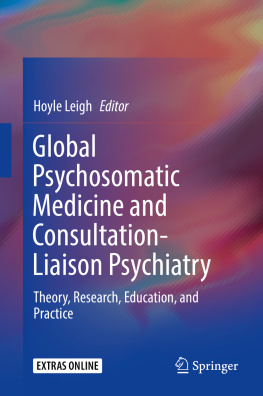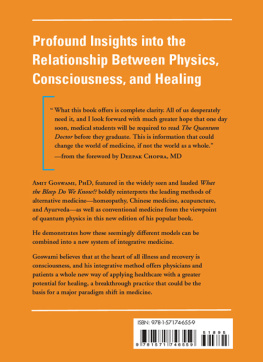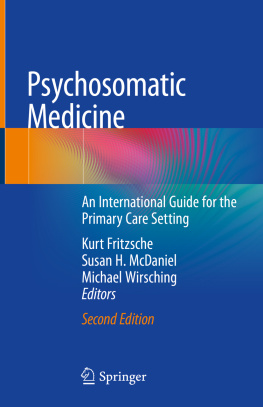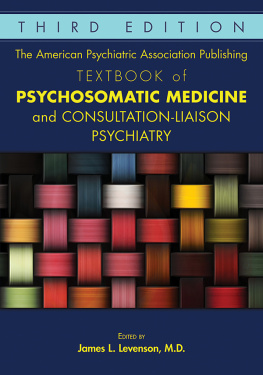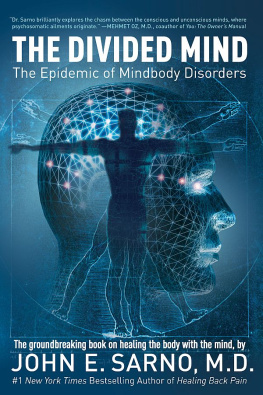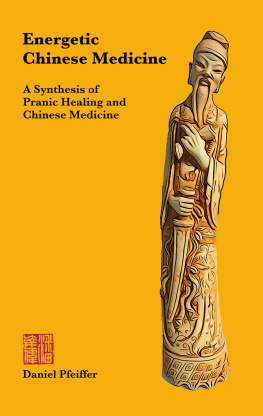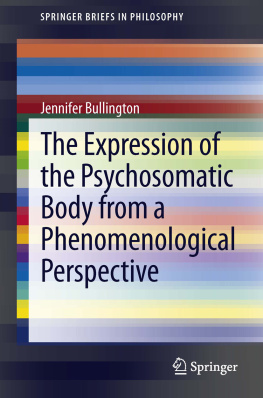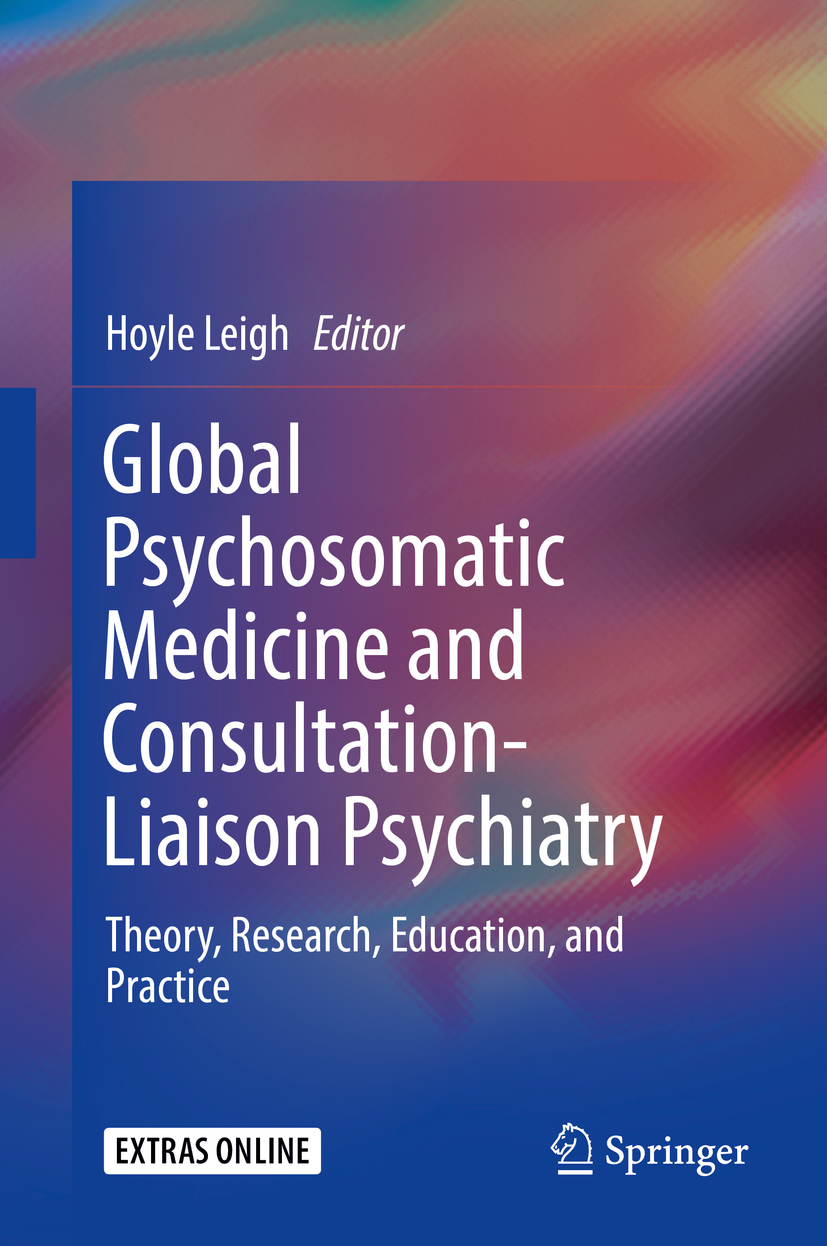Editor
Hoyle Leigh
Department of Psychiatry, University of California, San Francisco, CA, USA
Psychiatric Consultation-Liaison Service and Psychosomatic Medicine Program, UCSF Fresno, USA
ISBN 978-3-030-12582-0 e-ISBN 978-3-030-12584-4
https://doi.org/10.1007/978-3-030-12584-4
Springer Nature Switzerland AG 2019
This work is subject to copyright. All rights are reserved by the Publisher, whether the whole or part of the material is concerned, specifically the rights of translation, reprinting, reuse of illustrations, recitation, broadcasting, reproduction on microfilms or in any other physical way, and transmission or information storage and retrieval, electronic adaptation, computer software, or by similar or dissimilar methodology now known or hereafter developed.
The use of general descriptive names, registered names, trademarks, service marks, etc. in this publication does not imply, even in the absence of a specific statement, that such names are exempt from the relevant protective laws and regulations and therefore free for general use.
The publisher, the authors, and the editors are safe to assume that the advice and information in this book are believed to be true and accurate at the date of publication. Neither the publisher nor the authors or the editors give a warranty, express or implied, with respect to the material contained herein or for any errors or omissions that may have been made. The publisher remains neutral with regard to jurisdictional claims in published maps and institutional affiliations.
This Springer imprint is published by the registered company Springer Nature Switzerland AG
The registered company address is: Gewerbestrasse 11, 6330 Cham, Switzerland
Preface: Origins and Cross-Currents
My career choice was a compromise between my attraction to Freudian psychodynamics and my love of physiology the mechanisms of how the mind and body work. The natural venue in which both could be practiced was in the consultation-liaison setting of the general hospital.
I had the good fortune of being trained at Montefiore/Einstein Medical Center in New York by such luminaries as Morton F. Reiser, Herbert Weiner, Edward Sachar, Myron Hofer, and James Strain. Later, as a faculty member at Yale, Morton Reiser became my mentor, with whom I wrote The Patient: Biological, Psychological, and Social Dimensions of Medical Practice , a textbook for medical students, which was an attempt to operationalize a comprehensive biopsychosocial model that can be practiced by all physicians. (Leigh and Reiser 1980, 1985, 1992) At Yale, I also absorbed wisdom from Theodore Lidz, Stephen Fleck, and Sally Provence. Mort Reiser, a founding member and President of the International College of Psychosomatic Medicine, invited me to join the organization where I met many international colleagues such as Wolfram Schuffel and George Christodoulou. At Yale, and later at University of California, San Francisco (UCSF), I collaborated with one of my Yale friends, Jon Streltzer, in publishing the Handbook of Consultation-Liaison Psychiatry, now in 2nd Edition (Leigh and Streltzer 2014). I was stimulated by the wisdom of my Massachusetts General Hospital colleagues Tom Hackett, Ned Cassem, and Ted Stern during my career, especially during my sabbatical there. I chaired a number of symposia at the American Psychiatric Association Annual Meetings, where Don Lipsitt of Harvard, Seth Powsner of Yale, and Beena Nair of UCSF, were regular panelists and at the World Congress of Psychosomatic Medicine of the International College of Psychosomatic Medicine , where Craig Van Dyke, a colleague from Yale and UCSF, and William B. Choi, an internist and friend from my medical school days and Yale, were regular participants.
In the course of my half century career in consultation-liaison psychiatry and related research, it became increasingly clear that the mechanisms of the mind were better explored by tools of physiology (including endocrinology, pharmacology, etc.) and neuroscience than abstract psychodynamics. On the other hand, I became increasingly aware of the role of information and memory in the very expression of genes and thus behavior (Leigh 2010).
It is generally believed that ancient concepts of healing, and indigenous beliefs in different regions of the world concerning illness and healing were holistic and thus psychosomatic. The scientific information systems (memes) concerning body and mind that developed separately along Cartesian lines spread throughout the modern world as Western Medicine. How did the new scientific biological and psychodynamic memes interact (or not) with indigenous memes about mind and body? Does the interaction depend on the region and the power of indigenous memes and their readiness to adapt and evolve (e.g., acupuncture, yoga, Mindfulness)? This volume may provide some clues in this regard.
Within Western medicine, I noted there is a point of departure between the approaches of consultation-liaison psychiatrists mostly in the United States and the United Kingdom Commonwealth countries and psychosomaticists mostly in Continental Europe. Is there a conceptual divergence in our field?
The term, Psychosomatic Medicine, seems largely embraced wholeheartedly in Europe but only ambivalently in the United States, where the subspecialty of Psychosomatic Medicine changed its name to Consultation-Liaison Psychiatry in 2018, and the Academy of Psychosomatic Medicine to Academy of Consultation-Liaison Psychiatry. Does this name change symbolize the ambivalence I experienced in choosing the field? Between physiology-neuroscience on one hand, and psychodynamics on the other?
This volume is a global survey of this somewhat confusing field that might potentially find a pathway to the future. This volume is organized into an Introduction and seven parts. The Introduction by Don Lipsitt, my friend and colleague of many symposia together, sets the stage for this volume with an illuminating, sweeping flow of the origins and development of PSM and C-L psychiatry. Part I provides an overview of the development and major trends of the field on a macro-regional basis. Parts IIVI provide an overview of the current status of the field in some representative countries in each continent. I apologize that not all the countries, some with vibrant PSM or C-L activity, are represented. For example, I am aware that the field is thriving in countries like the Netherlands, Italy, Portugal, and Brazil, but I simply could not find someone to write the chapter for various reasons. Italy and Sweden are at least represented by responding to the survey questionnaires. Part VII concludes the volume with ideas about the future of psychosomatic medicine and consultation-liaison psychiatry. Wolfram Schffel, an old friend and colleague and a truly humanistic physician explains in his three chapters the German humanistic philosophical approaches to PSM and proposes a humanistic perspective of the future of psychosomatic medicine. My concluding chapter is a brief commentary on the state of the field in each region of the world and my ideas about the concept of memes or information supplanting both the psyche and the soma.

